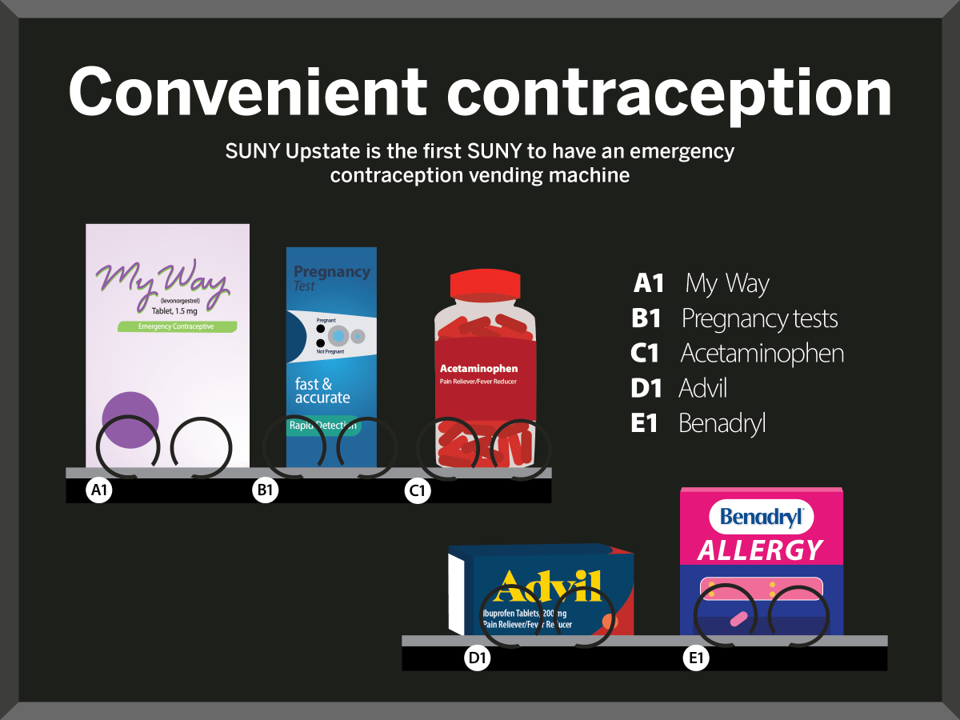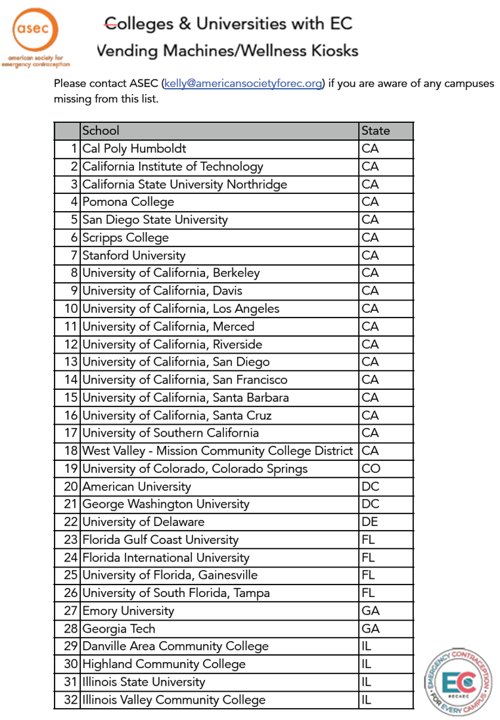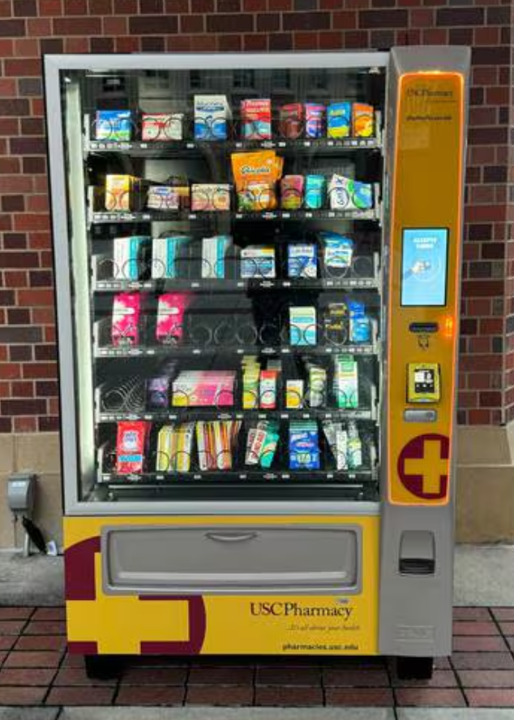I’m off to Florence, Italy, soon, where about 10 years ago I happened upon a vending machine sited outside of a pharmacy just a few blocks from the Duomo — the Farmacia Della Condotta. And in that vending machine, accessible at all hours (especially overnight when the pharmacy was closed), were all manners of direct-to-consumer self-care goods….including condoms. What distinguished this from other vending machines that might have channeled condoms at the time was that those tended to be located in men’s rooms in, say, bars — not openly on a city street.

You can see the Italian vending machine below the green “Farmacia” sign in this photo. I referred to that experience here in Health Populi several years ago when discussing health care access and transparency.
Fast forward and we’re in the next-gen of direct-to-consumer models, with Lilly Direct and PfizerForAll launching programs that get up-close-and-personal with patients for medicines delivery and support services.
As patients continue to morph into health care payers and consumers, seeking convenience, access, and empowerment in omnichannel mode, DTC models will evolve in many ways. An important one to watch seems simple on its face, but could expand access to specific patient populations who need products and services at home or close-to-home — like needing a condom at 3 am.
Enter the humble vending machine.
The specific population to note in this case is women in the U.S. in the current post-Dobbs health policy environment. And the product to showcase here is Plan B — often referred to as “the morning after pill.” That is, emergency birth control.

One of the newer installs of Plan B in a vending machine was spotted around the SUNY-Syracuse campus — populated with college-aged women at-risk of unwanted pregnancies. As the university paper the Daily Orange reported in March 2024,
“In an effort to increase access and affordability of birth control at SUNY Upstate Medical University, third-year medical students Serena Schmitt and Olivia Preston have worked to open an on-campus access point for birth control: an emergency contraceptive vending machine. The installation of the vending machine, which is located on the first floor of Upstate’s Health Sciences Library, was spearheaded through advocacy efforts by Schmitt, Preston and the New York Birth Control Access Project — a nonprofit organization that works to combat disparities in contraceptive access. The vending machine carries boxes of My Way, a 1.5 mg levonorgestrel tablet, along with pregnancy tests, acetaminophen, Advil and Benadryl. Rochelle Rodney, director of advocacy at NYBCAP, said that the new vending machine will provide emergency contraceptives to Upstate students on campus who might otherwise have struggled to purchase them.”
So along with Advil and Benadryl, as the Daily Orange story noted, students can access emergency birth control right at the SUNY Upstate Health Sciences Library. The cost for purchasing the medicine from the SUNY-Upstate kiosk is $10, well below the general price range of $30-60 at general pharmacy retail.
This is not the first such vending machine Plan B scenario in the U.S. There are several examples going back to Boston University in 2022, as one of many proliferating across college campuses across the U.S. One of the earliest kiosks was set up in 2012 when Shippensburg University in Pennsylvania began offering Plan B for $25 at an on-campus machine.

There are currently some 112 locations of EC Vending Machines/Wellness Kiosks, as termed and quantified by the American Society for Emergency Contraception (ASEC) whose mission has been to foster access to people who need this support.
Here is ASEC’s most recent list of the first 32 of those 112 sites. in alphabetical order by U.S. state (and DC).
One rationale for these vending machines, ASEC notes, is that,
“Some college towns can be contraceptive deserts, lacking health centers offering the full range of methods to meet the needs of the number of women eligible for publicly funded contraception, as well.”

Health Populi’s Hot Points: Here’s a photo of a vending machine offering Plan B at USC, branded as part of the USC Pharmacy.
ASEC launched the Emergency Contraception for Every Campus project (EC4EC) in 2019 — well before the reversal of Roe v. Wade in June, 2022.
Glamour magazine reported on the subject of the need for emergency contraception in vending machines on college campuses as being “more vital than ever” in a 2023 article.
Take a closer look at the 112 ASEC-identified sites and you’ll find they are in colleges in the following states and DC: California, Colorado, District of Columbia, Delaware, Florida, Georgia, Illinois, Indiana, Louisiana, Massachusetts, Maryland, Michigan, Minnesota, North Carolina, New Hampshire, New Jersey, New York, Ohio, Oklahoma, Oregon, Pennsylvania, Rhode Island, Tennessee, Utah, Virginia, Washington, and Wisconsin.
Direct-to-consumer models will increasingly be shaped by designing for the “C,” the consumer, based on their values, preferences, demands, and needs. Note that the cost for Plan B meds coming out of the SUNY-Upstate kiosk is $10. So value will marry with the demand and situation of the targeted population for which that DTC model is trying to solve for a real, practical human challenge meeting people where they live, work, play, pray, shop, and even go to school.




 I love sharing perspectives on what's shaping the future of health care, and appreciate the opportunity to be collaborating once again with Duke Corporate Education and a global client on 6th May. We'll be addressing some key pillars to consider in scenario planning such as growing consumerism in health care, technology (from AI to telehealth), climate change, and trust -- the key enabler for health engagement or dis-engagement and mis-information. I'm grateful to be affiliated with the corporate education provider
I love sharing perspectives on what's shaping the future of health care, and appreciate the opportunity to be collaborating once again with Duke Corporate Education and a global client on 6th May. We'll be addressing some key pillars to consider in scenario planning such as growing consumerism in health care, technology (from AI to telehealth), climate change, and trust -- the key enabler for health engagement or dis-engagement and mis-information. I'm grateful to be affiliated with the corporate education provider  Thank you FeedSpot for
Thank you FeedSpot for